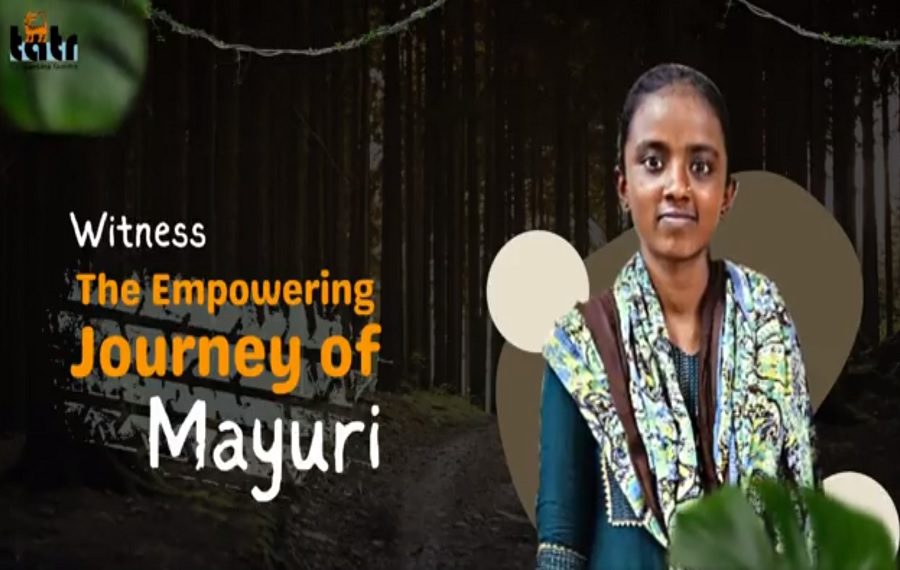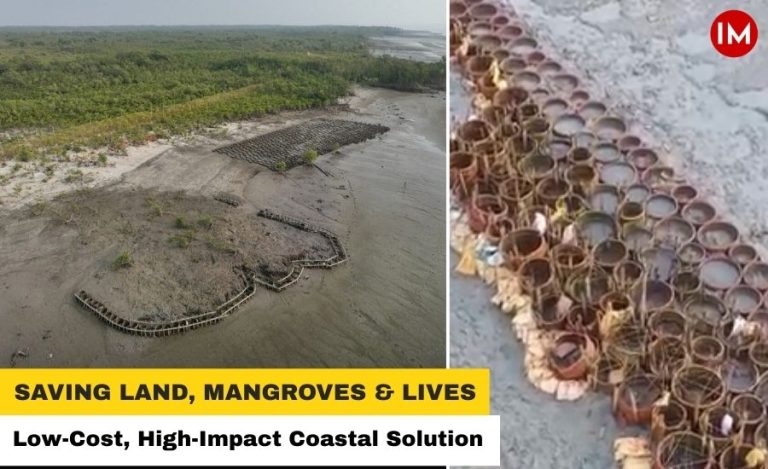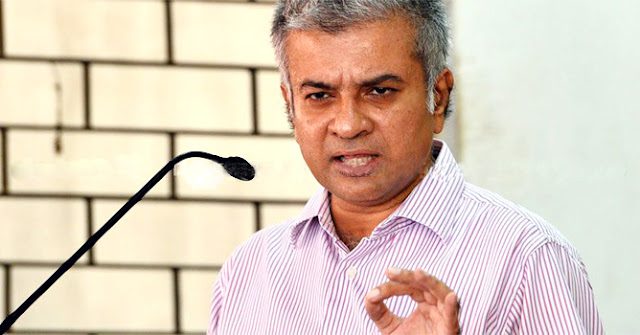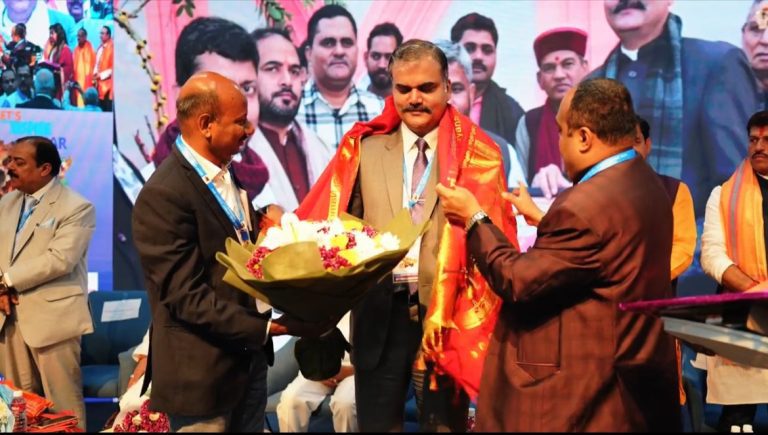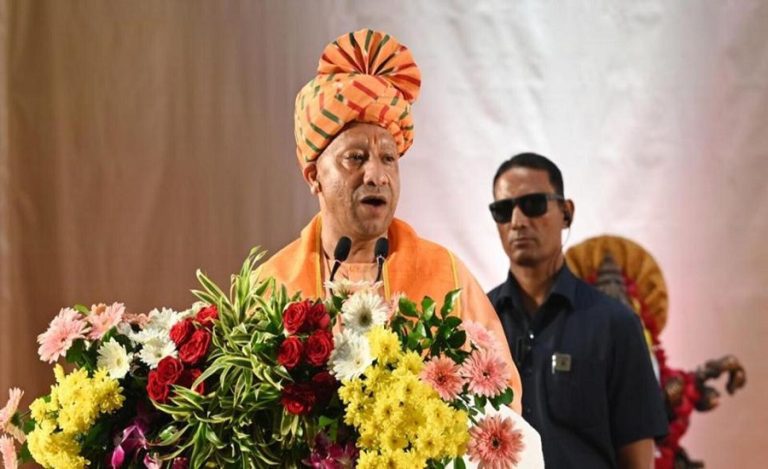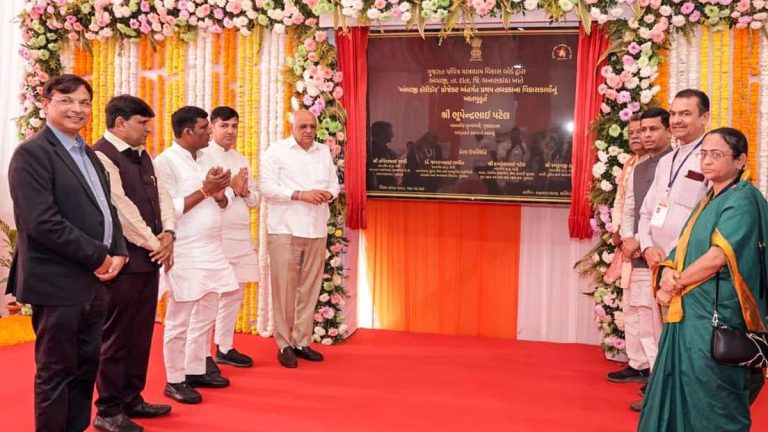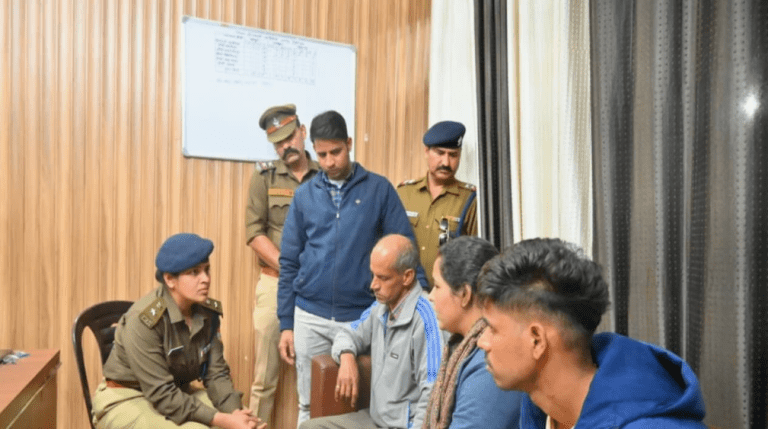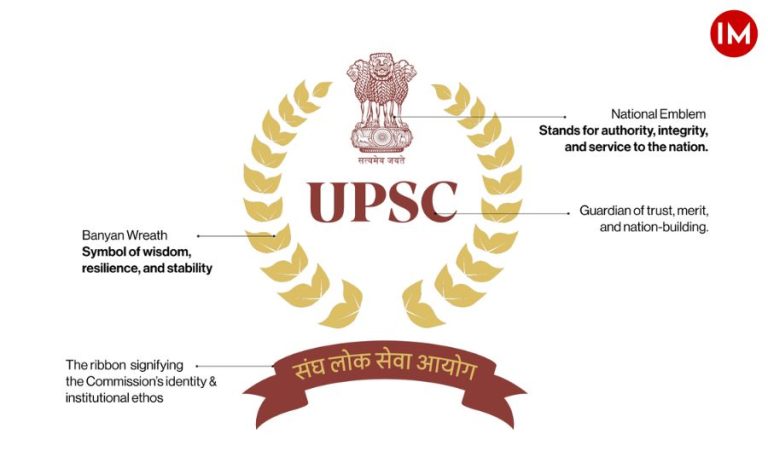Meet Mayuri, a beacon of hope and determination. She is from a village in a buffer area of Tadoba-Andhari Tiger Reserve (TATR) in Maharashtra. After her father’s demise, she found strength and security in the Women Driving Initiative started by TATR. Now she glides her Gypsy across lush forests of the tiger reserve navigating tourists, earning a decent ₹2700 a day. She has not only empowering herself and her family but has also inspired a whole generation of women in her area.
There are many stories in TATR like Mayuri’s, in which women, who earlier used to struggle for a living, are now supporting their families after taking skill training under the TATR initiative.
TATR is famous for its fauna and flora, but it is now also making its mark in women empowerment by creating jobs for them in male dominated areas. From Nature Guide to Gypsy driver and boat handlers, there are many areas where women are now working and financially supporting their families.
But, more importantly, their dependency on forests for livelihoods has reduced, thereby giving a major boost to forest conservation.
Indian Masterminds spoke with 2006-batch IFS officer and Conservator of Forests and Field Director, TATR. Dr. Jitendra Ramgaonkar and Livelihood Officer of TATR, Mr. Prafulla Sawarkar, to know more about the women empowerment initiatives.

EMPLOYMENT GENERATION
For people living in the buffer areas of TATR, forest officials have taken many employment generating initiatives in the last two years, specially for the women.
More than 2100 people have been given skill training in many fields, in which more than 1500 people are now working. And, almost 40 per cent of these are women. Thus, thousands of families are running their homes with these jobs.
TATR has 95 villages in buffer areas where more than 20 thousand people live. Inside TATR, there were six villages earlier, but now all have been relocated. From these villages, more than 5000 people are working in resorts situated in the buffer areas of TATR and supporting their families.

TATR also run ‘Pre Recruitment Training Programme’ for youth free of cost and prepare them for grade III & IV Forest jobs. In this programme, 60 per cent of attendees are girls.
The main objective is to reduce people’s livelihood dependence on the forest by providing them with various types of employment and also involve them in conservation efforts.
Dr. Ramgaonkar said, “In all these initiatives, we have seen that most of the areas are male dominated. So we made a plan to involve women because the family can run much better if women also work and support it financially. Therefore, a massive campaign was started and since it is a gender-sensitive issue, we decided to bring women to the forefront by employing them first as eco or nature guide, which used to be a male dominated area. Then, we moved to driving. We don’t guarantee them jobs, but we provide the required skills and then, on merit basis, they get selected.”
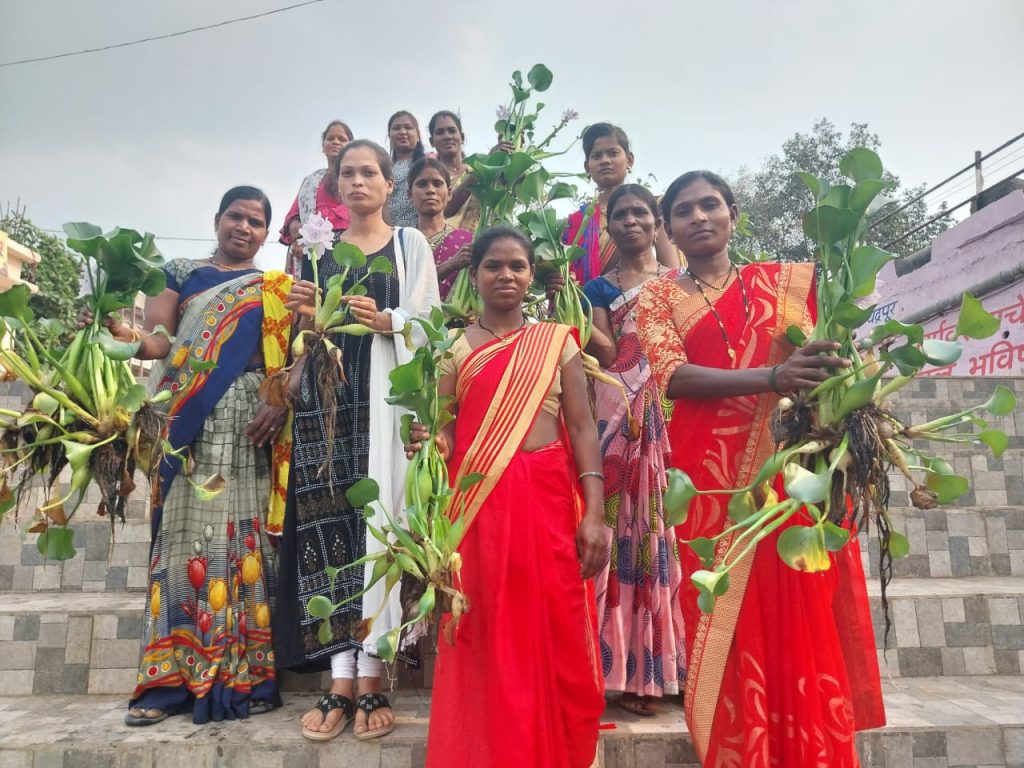
A BIG CHALLENGE
But involving women in this was a big challenge. There were people in the villages who did not like this. And even if a woman wanted to come forward, she had to listen to taunts of people from her village. Not just the family, there was pressure from the society too. People started saying openly that if women start taking up jobs, then who will do the housework. In such a situation, it was a big challenge for the TATR officials to begin their initiative.
Mr. Sawarkar said, “So, we started a campaign in all the villages wherein we informed them about the jobs. We also explained about the free training. After that, some girls and women came forward to join our programmes.”
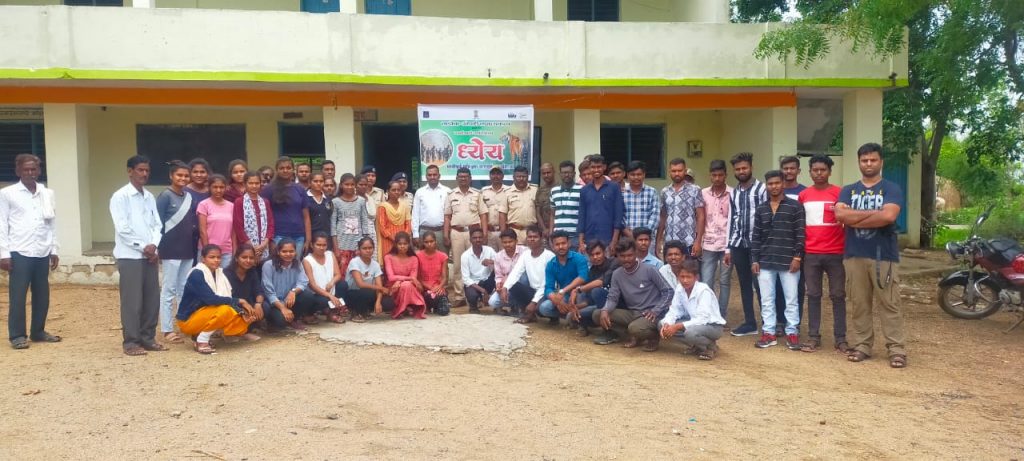
SKILL TRAINING
Eco Guide: Firstly, women were given eco guide training and given jobs after completion. Presently, more than 30 women are working as eco guide or nature guide in TATR. It includes both unmarried and married women. There are a total of 450 guides, out of which, more than 30 are women, and the number is increasing.
Mr. Sawarkar said, “Now, along with unmarried girls, even married women want to work here. After the success of this initiative, we started providing various other skills training to young girls and women to provide them employment in different fields.”
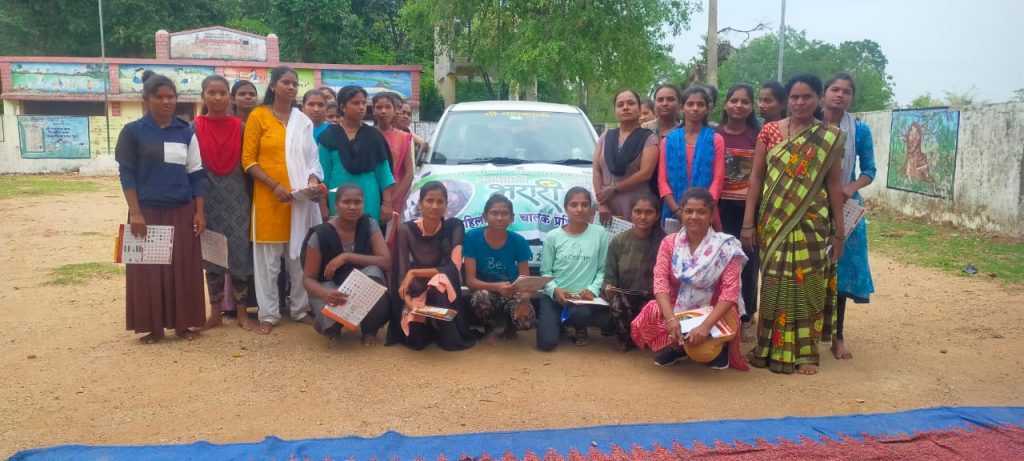
Project Bharari: In tiger reserves, there is the requirement for drivers of gypsy vehicle for jungle safaris. It used to be a completely male dominated area earlier. That is why, TATR officials focused on training women in this field under Project Bharari. The advantage with women drivers is that they make women tourists feel more comfortable.
Mr. Sawarkar said, “But, there were a lot of problems here too, because this area was completely male dominated. Many mail drivers thought that they would lose their jobs. Hence, they opposed this move. But we went ahead. This was the first initiative of its kind in Maharashtra, where women were given driving training.”
When the driving initiative was started two years ago, only 8-10 women joined it. And, Mayuri was one of them. This year, 84 applications from women were received by TATR.
In the first phase, 33 women were given the training. And, now, they are about to get a permanent license. These women can also apply for the government job of a driver.
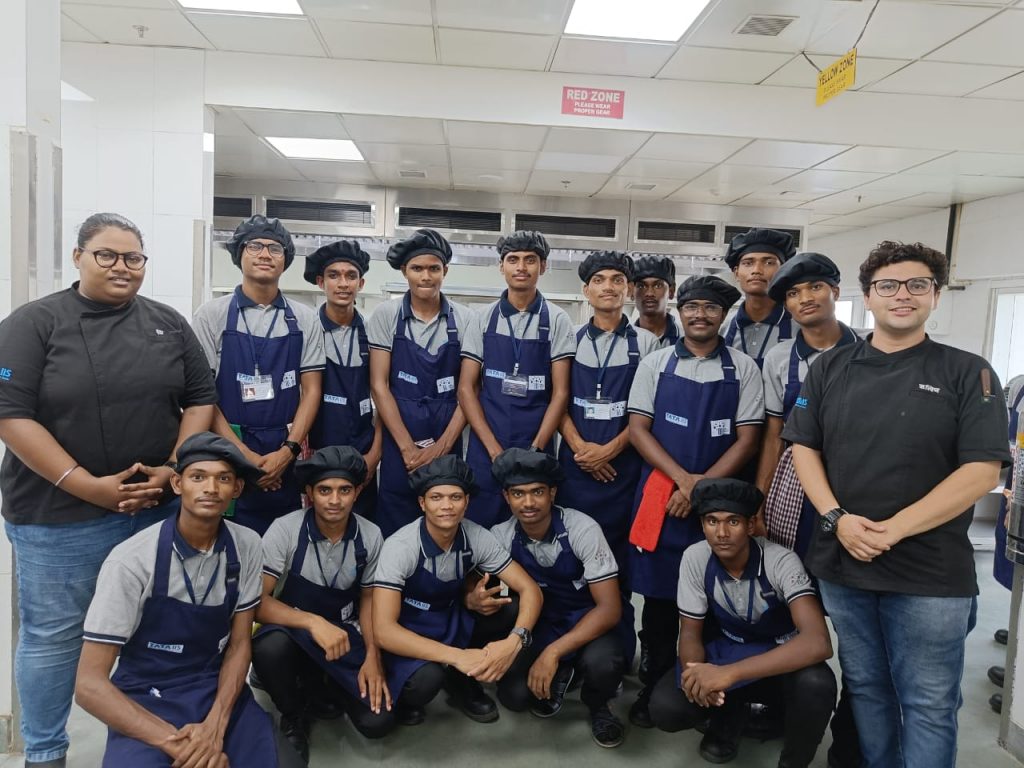
Hotel Management: Tadoba is a world famous tiger reserve and that is why, there are more than 50 private resorts here. Now, resorts also need all kinds of manpower. So, women were taught different skills in the hotel sector as well. Many women now work in this sector, while three girls were sent to the Tata Indian Institute of Skills (TIIS) for hotel management training.
Ornamental: TATR also started training in ornamental making skill in a village where women are learning to make decorative items. More than 30 women are working in this field and some of them have even formed SHGs.
Boat & Swimming: There are many lakes in TATR, so many girls were given training in swimming and also taught about boats. Now, these girls work as boat handlers.
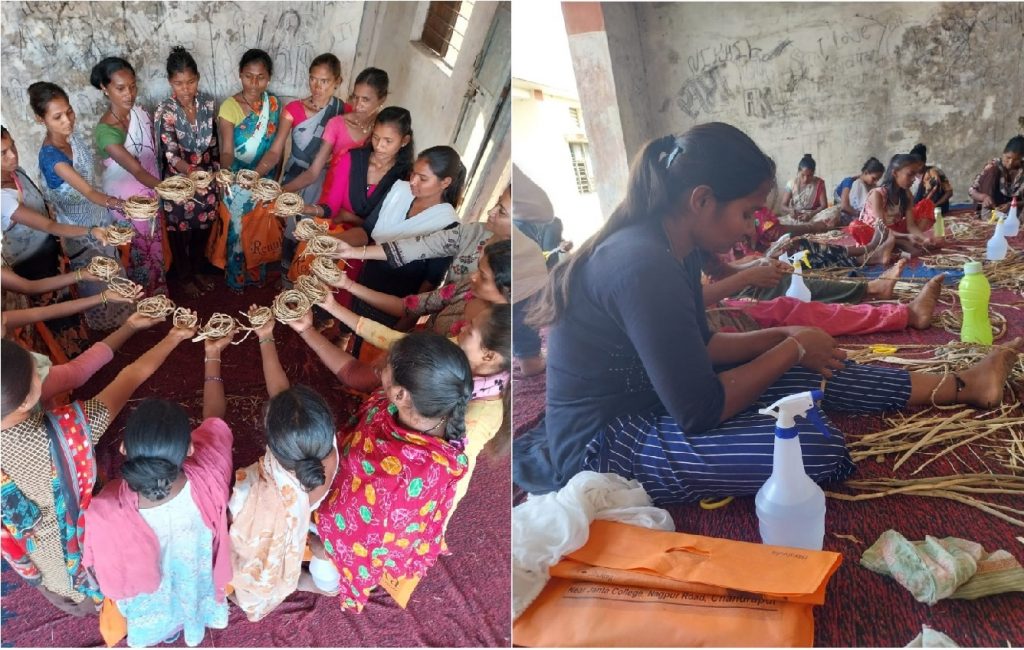
Thus, there are many sectors where women are being encouraged to enhance their skills and take up jobs to become financially strong.
Mr. Sawarkar said, “We want to involve girls and women in every sector. Our focus is more on married women because they will be living in this area for lifetime and skill training and working will help them to grow. Apart from tiger conservation, our work also includes capacity building and enhancing local communities.”

